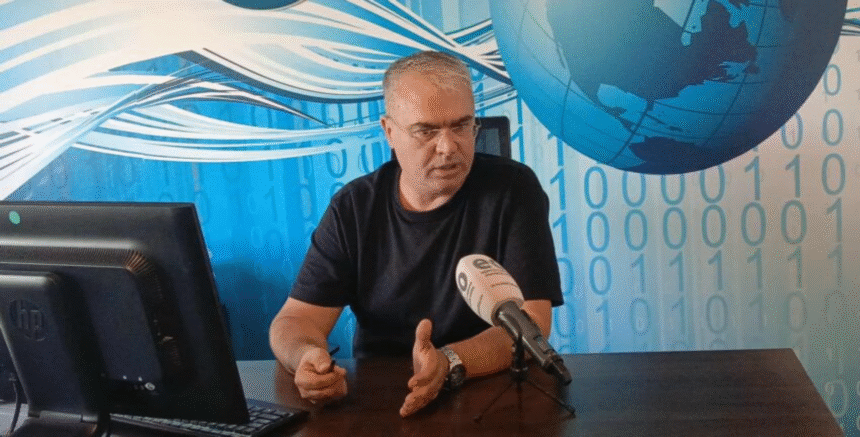With only two weeks remaining until the local elections, in which Kosovo’s citizens will cast their votes for mayors, concerns are rising over Serbia’s influence through its political proxy, the Serb List, which seeks to manipulate Kosovo Serb citizens, reports Ekonomia Online.
Arben Fetoshi, Director of the “Octopus” Institute, warned in an interview with Ekonomia Online that Kosovo will face serious threats to the integrity of the October 12 elections. He emphasized that Serbia will aim to interfere in the electoral process through manipulations, pressure, and cyberattacks, while empowering the Serb List as its political instrument in Kosovo.
Fetoshi stressed that Kosovo’s institutions must remain vigilant in the face of these challenges, while close cooperation with international allies is essential to safeguard democracy and electoral processes.
“Most likely, just as in the past, this time we are also closely monitoring any activity that undermines the integrity of Kosovo’s October 12 elections. We are convinced we will witness the same threatening activities and risks to electoral integrity. Institutions must be alert to prevent any potential cyberattacks coming from Serbia. In addition, we are already witnessing Serbia’s ongoing actions to undermine our democracy through electoral manipulation and the strengthening of the Serb List as a proxy organization in Kosovo’s political life. In the past, we have seen threats, blackmail, and vote-buying, and we are convinced these tactics will continue,” Fetoshi stated.
Beyond electoral interference, Fetoshi also warned of other destabilizing scenarios that, in his view, serve Serbia’s strategic interests.
“In addition to undermining democracy and free and fair elections that Kosovo seeks to achieve in every electoral cycle, we must remain alert to potential destabilizing activities. These would at the very least weaken democratic processes and sustain instability in Kosovo—precisely what serves Serbia’s interests, preventing Kosovo from building institutional stability and from successfully integrating the Serb community into its institutions and social life. Given this strategic goal of Serbia, I believe we will again see increasingly threatening activities against electoral integrity in the October 12 elections,” he stressed.
Fetoshi underlined that coordination with international partners is essential to protect the electoral process from threats, particularly cyber and political interference.
“I believe that in coordination with our international allies, we have built certain capacities, though our cybersecurity still leaves much to be desired. With EU and U.S. support, however, Kosovo has already made significant steps in this area. At the same time, police and other institutions must remain alert to threats, blackmail, and vote-buying, as these undermine democracy and the representative capacity of Kosovo Serb citizens. We have continuously witnessed Serbia’s interference in this field, aimed at maintaining its influence in Kosovo through the Serb List,” he concluded.







